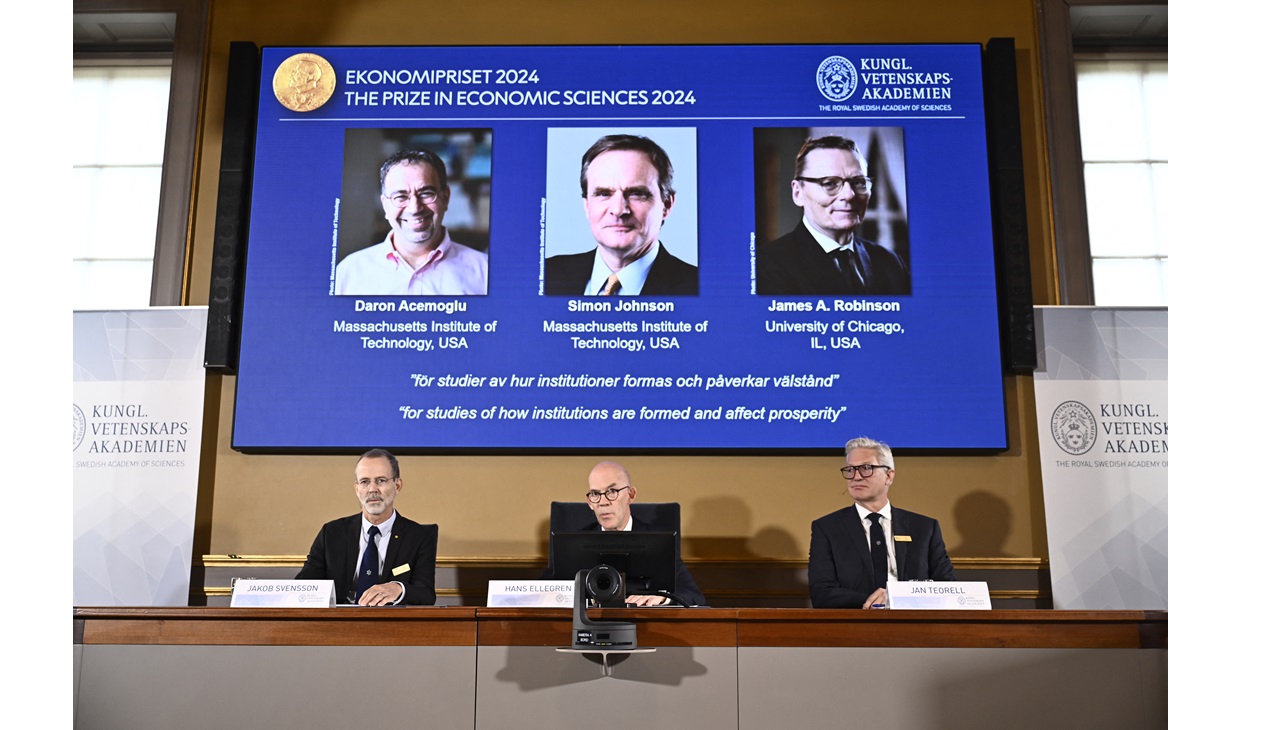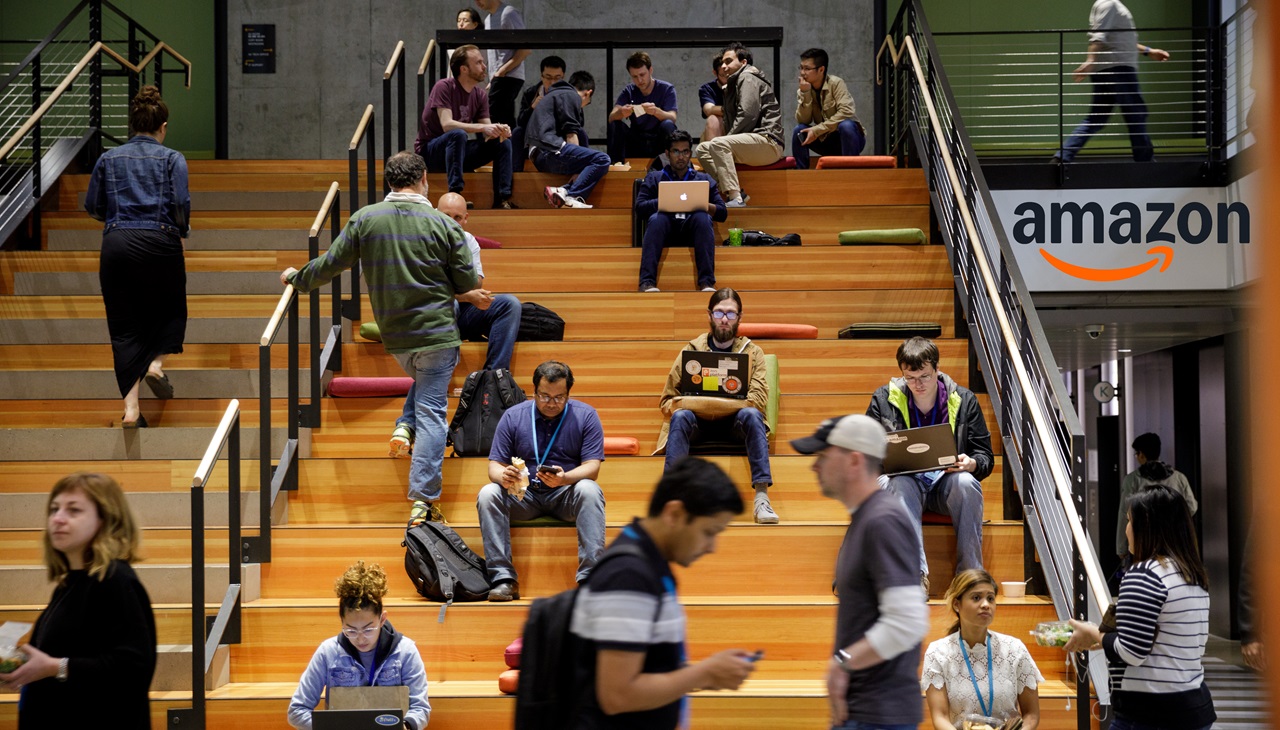
The dedicated Latina leader bringing equity, resources and prosperity to Boston’s Latino community
In her role as the first director of the Latino Equity Fund, Evelyn Barahona is seeking to increase its philanthropic capacity and advocacy for the Latino…
Creating networks and building capital are two key components to reaching social and economic success.
Throughout her career, Evelyn Barahona has been a leader in helping people gain access to those things, and more.
In June 2021, she was named the first-ever director of the Latino Equity Fund, the only fund in the Greater Boston area focused on addressing the longstanding health and economic inequities the Latino community in Massachusetts often faces.
“For me, it’s both an exciting opportunity and also a great opportunity for the fund to get elevated,” Barahona said in an interview with AL DÍA.
While she is still relatively new to the role, she is eager to see the fund become a valuable resource for stakeholders who are interested in investing in the Latino community.
The work she does with the fund, coupled with her commitment to positively impact the Latino community, is heavily influenced by her own background and heritage.
Born and raised in San Francisco, California, Barahona is the child of immigrant parents from El Salvador.
Her maternal grandmother first arrived in the United States during the 1960s with her son — Barahona’s father — after her divorce caused her to become a single mother.
Living in such a patriarchal and conservative country, as a woman her grandmother often felt she had limited support in reaching her goals. However, she remained determined.
She crossed paths with a friend who was living in San Francisco and visiting El Salvador at the time, who inspired Barahona’s grandmother to eventually immigrate to northern California.
“I think that happens a lot in immigrant communities,” said Barahona. “You have someone or a group of people from your hometown in your country and you feel very emboldened and driven by whatever your dream is.”
“In her case, she just wanted to make her own money and pave her own way,” she added.
That’s how Barahona’s grandmother and father came to settle in the northern California city, before she was born.
Barahona grew up in the Mission District area, a predominantly Latino community during her early years, and went to elementary school in Chinatown, filled with a predominantly Chinese-American student base.
“It was very interesting for me because I am from a diverse background, but it also taught me how to feel comfortable even outside my own cultural group,” said Barahona.
By high school, she was living in Sacramento, which she described as “a very different environment than San Francisco.”
After spending the entirety of her early life in California, Barahona later found herself on the opposite coast of the country.
While she enjoyed life in California, she still had thoughts in the back of her mind about eventually moving to “a city where I could walk everywhere,” she said.
When it came time to decide where to attend college, Barahona became interested in a new international business program at Northeastern University in Boston.
The program allowed the student to earn a degree from the university and in a language of their choice. In that, Barahona chose to study finance and French, as she was already fluent in English and Spanish.
From there, she studied finance for several years before deciding to pursue a different career path after realizing “that that wasn't really for me.”
Her goal was to find ways to engage the Latino community. While that point wasn’t yet clear, she realized that she had long worked on community initiatives.
“When I did a shift from finance, I thought, ‘I need to jump into a field where I can use my background in finance and business, but do something that is not just one bottom line,’” she said.
That sparked the idea of social entrepreneurship as a possibility.
Barahona seeked to find organizations that matched her mission to engage her community, initially finding a small company co-founded by Latino doctors looking for ways to reduce healthcare disparities among vulnerable communities.
While doing business development work with the company, Barahona developed key skills that would be used in her future venture — philanthropy.
As she navigated the philanthropic world, Barahona came to the realization of a quality just about every philanthropic leader has.
“When you speak to folks, there’s this sense at their core that what they want to do is to make life better for others,” she said.
Barahona decided to go into philanthropic work for that very reason.
In 2018, she joined the Boston Foundation (TBF) as a consultant for the Massachusetts United Puerto Rico Fund, the foundation’s emergency response fund focused on relief and recovery efforts in the aftermath of Hurricane Maria. Many Puerto Ricans affected by the hurricane were relocated to Massachusetts.
Upon her initial entry, she was pleased to see the contrast between working in philanthropy and in industries driven by profit.
“It’s interesting to be in an industry where you hear leaders talk about how we can create big ideas and make Boston a better and more equitable city,” said Barahona.
“It’s really heartwarming to know that people like that exist,” she added.
Within six months of consulting, Barahona was asked to join the TBF’s philanthropy group, where she served as a liaison focused on creating partnerships with different organizations and donors.
After being an integral part of the Boston Foundation for three years, Barahona was named the first-ever director of the Latino Equity Fund (LEF) in June 2021.
When she thinks about the distinction of being the first person to hold that top executive role with the Latino Equity Fund, Barahona connects both the honor and responsibilities that come along with it.
“I’m sort of paving the way for other staff and directors that will come after me to ensure that there’s a pathway of growth for the Fund, and finding key ways to connect with the Latino community in a way that we’ve always looked at to deepen our engagement,” she said.
Barahona noted that it’s also a great opportunity to elevate the Fund as not only a grantmaker, but also a resource for stakeholders who are interested in the Latino community.
Latinos make up about 20% of the population in Massachusetts.
RELATED CONTENT
Boston has the largest total number of Latinos in the state at just over 130,000 in the city, making up around 16% of all Latinos in the state.
However, Barahona underscored that it’s important to not only focus on the demographics from a numerical standpoint.
“I think that the focus is always on the numbers and not the translation of what an untapped community resource we can be for the Massachusetts economy,” she said. “If you think about how to invest in this community, there is growth.”
The Latino Equity Fund has announced this year a goal of raising $10 million over the next three years to invest in Latino businesses and organizations across the state.
Barahona noted that the campaign is to help strengthen the fund’s capacity, and expands its grantmaking efforts towards economic prosperity for Boston’s Latino community.
“For us, it’s important to be seen as a convener, and then also invest in research related to what’s happening in the Latino community,” she said.
“In our framework, we’re always trying to figure out what are the pathways to ensure that the Latino community is not always stuck in a service industry because they don’t have access to opportunities,” Barahona continued.
She added that it’s all about removing barriers against a better economic path.

Beyond the economic opportunity, Barahona is also committed to improving cultural adaptation, increasing community engagement and focusing on health equity.
This effort ties into the LEF’s $4 million allocation to increase COVID-19 vaccine availability for those who don’t live near a mass vaccination site.
“Because we realize that without health, there is no wealth,” she said.
When it comes to underserved communities, many of the challenges are similar.
Therefore, she believes if those in positions of power and influence are able to focus on the Latino community, then it can be reflected upon other communities with those needs.
“The critical role where we see our value is in elevating these issues,” said Barahona.
“We see ourselves as not only the connector, but an amplifier of these voices, making sure that it’s being heard.”
As she looks ahead, Barahona and her team hopes to get employers, companies and funders to see the Latinos as “an incredible community asset worth investing in,” she said.
“And seeing the translation of the effects of that when you have a thriving community like Latinos, you will have a thriving community in Massachusetts,” she added.
Through her leadership, the Latino Equity Fund has been able to create partnerships with organizations that haven’t thought of the Latino community in that way before.
Moving forward, the goal is to work together to make a positive impact on the Latino community, and see it translate around the city of Boston, and across the state of Massachusetts.
“Here we have a community of Latinos that are driven, are family-oriented, they have great values, but some of them just need opportunity,” said Barahona.
“Our aspiration that we have is just working with other partners that have this vision for Massachusetts, and see Latinos as part of the solution.”











LEAVE A COMMENT:
Join the discussion! Leave a comment.